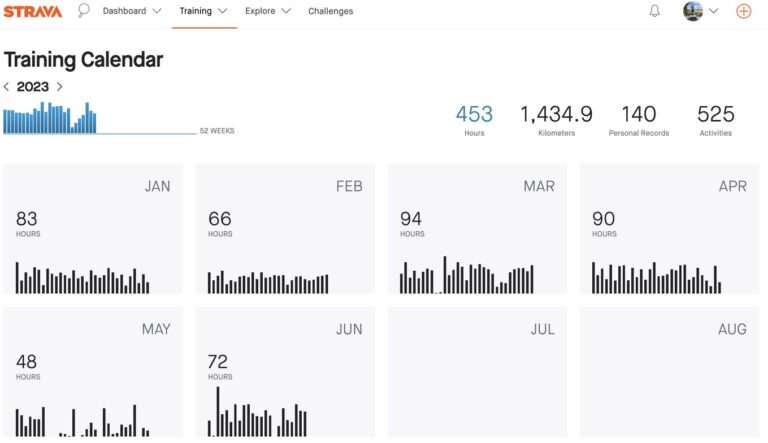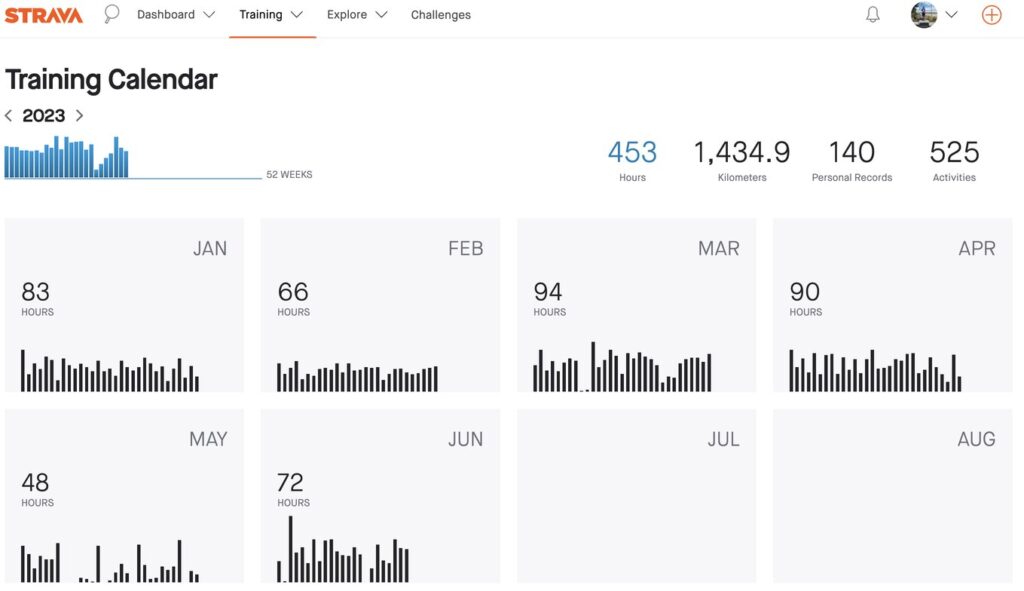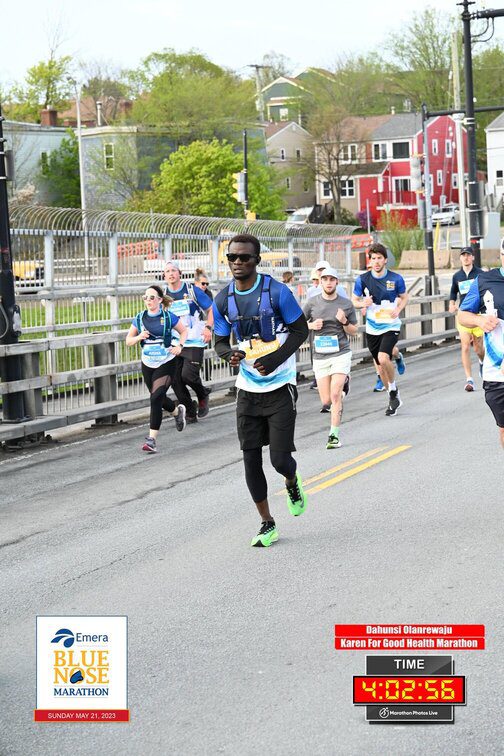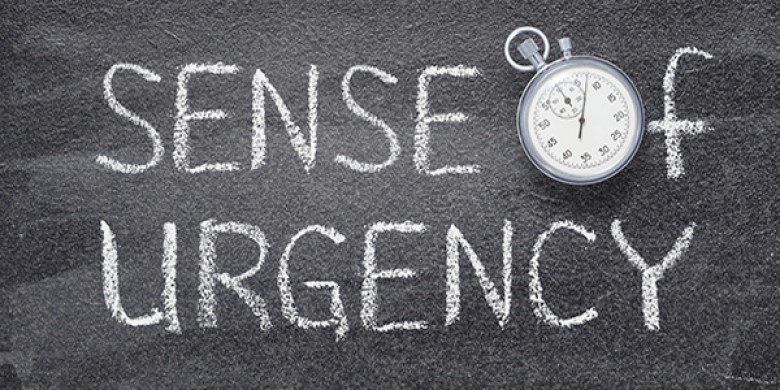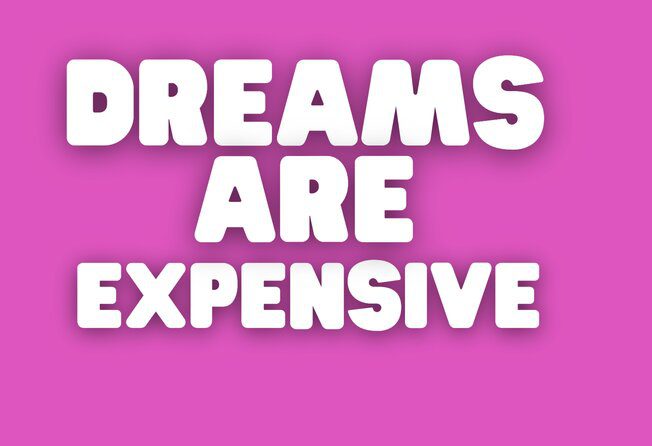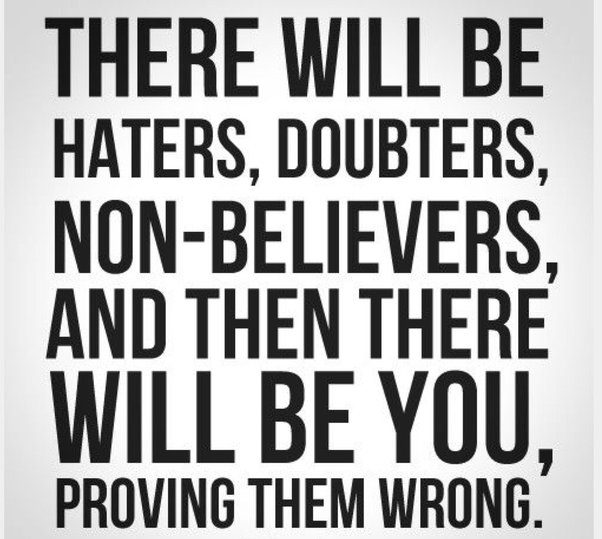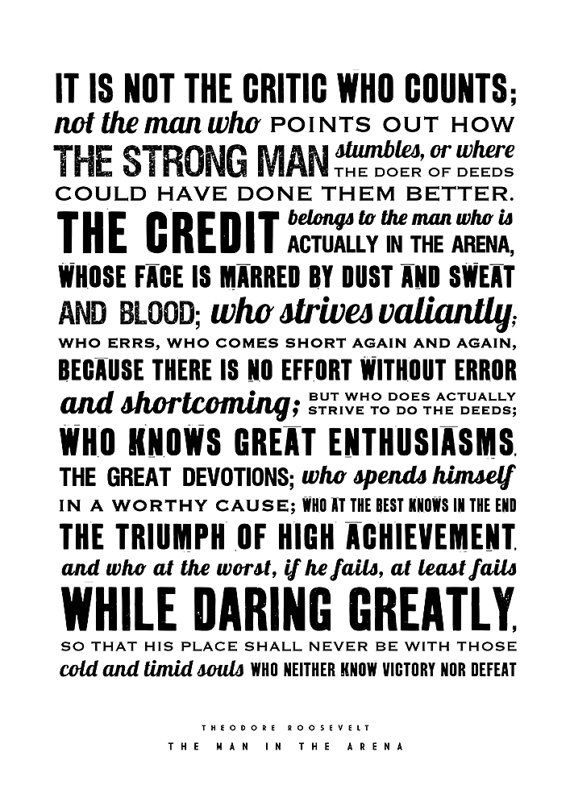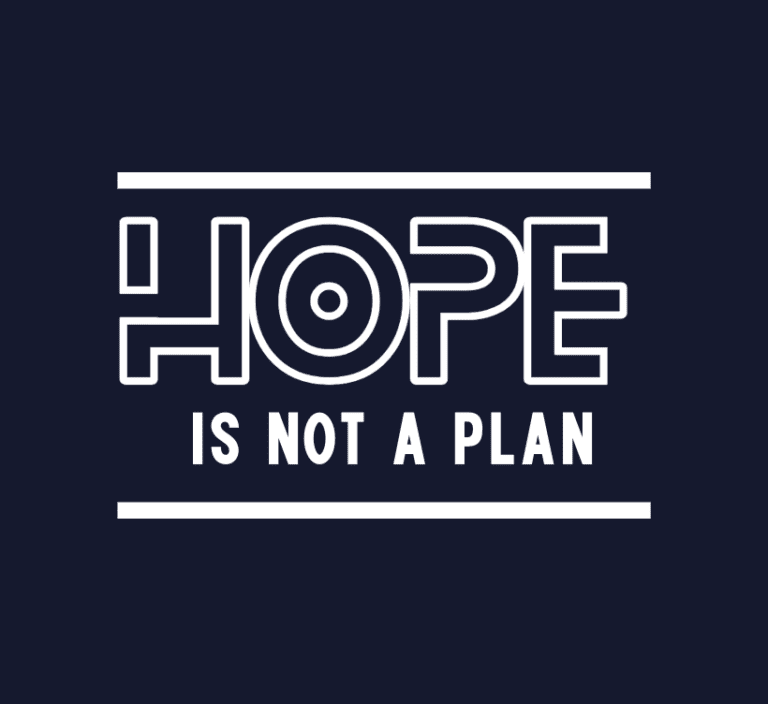Argue for your limitations and you get to keep them.
American industrialist and business magnate Henry Ford once said “Whether you think you can, or you think you can‘t–you’re right.” We set limits on our abilities both imaginary and psychological but the reality is that we can all surprise ourselves by what we can accomplish if we set our mind to it. As Napoleon Hill noted in his classic book, “Whatever the mind can conceive and believe, the mind can achieve.”
“The tragedy of life is often not in our failure, but rather in our complacency; not in our doing too much, but rather in our doing too little; not in our living above our ability, but rather in our living below our capacities.” – Benjamin E. Mays


